Yes, these injections are often prescribed for people without diabetes. While they were originally developed for managing type 2 diabetes, they have been found effective for weight loss in individuals without the condition.
WEIGHT LOSS CLINIC IN HIGH WYCOMBE
Dr. Ahmad, a GMC-registered GP, will provide personalized care and advice to help you on your journey to a healthier you.

Our Programme Includes:
- Consultation with Dr. Ahmad– A full health assessment to ensure the treatment is right for you.
- Personalised advice on diet and physical activity – Tailored guidance to complement your treatment plan.
- Regular check-ins to monitor progress – Ongoing support to ensure you are progressing safely and effectively.
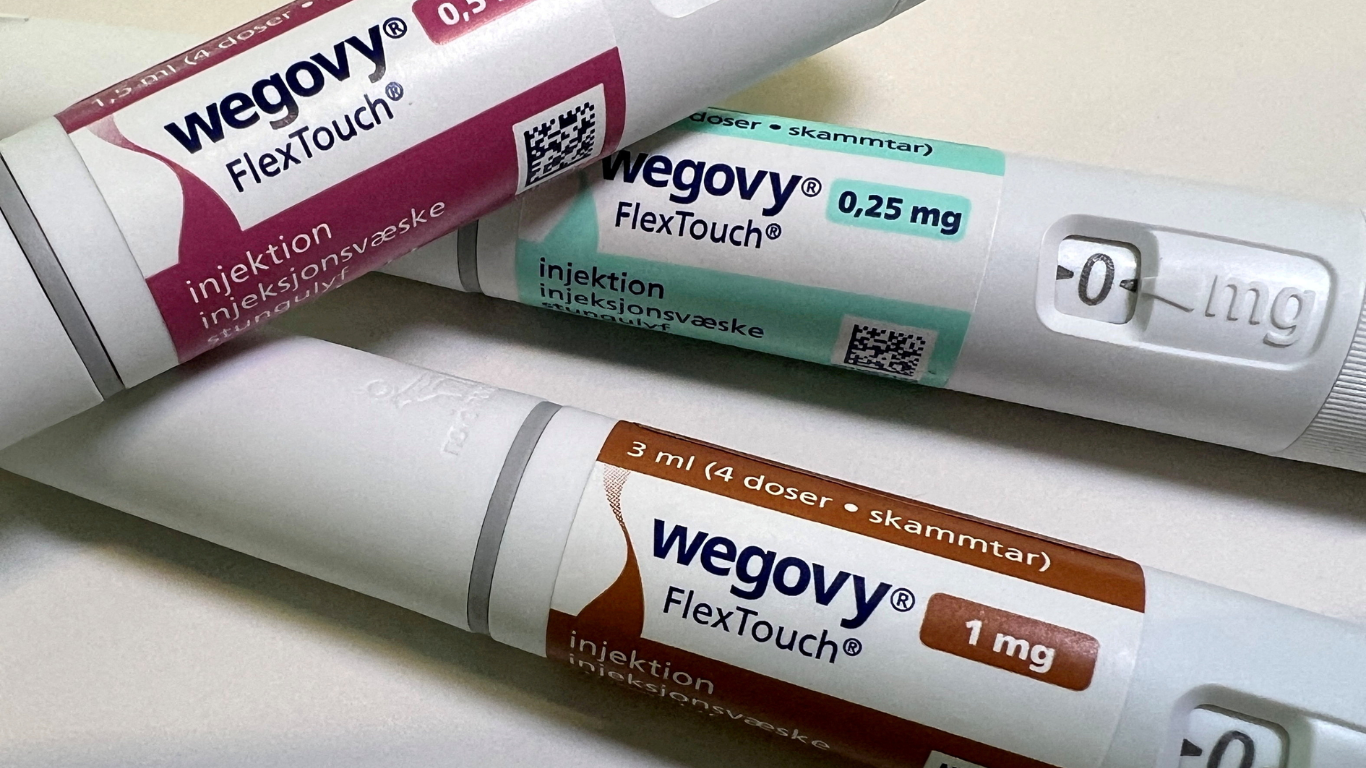
How Do Weight Loss Injections Work?
The weight loss injections we offer work by helping you feel full for longer and reducing your appetite. They mimic a hormone in your body called GLP-1 (Glucagon-Like Peptide-1), which plays a role in regulating blood sugar levels and appetite. By making you feel satisfied after eating smaller amounts, these medications help you eat less, leading to gradual and sustainable weight loss. Additionally, they help improve how your body uses insulin, which is beneficial for people who struggle with weight due to insulin resistance or type 2 diabetes.
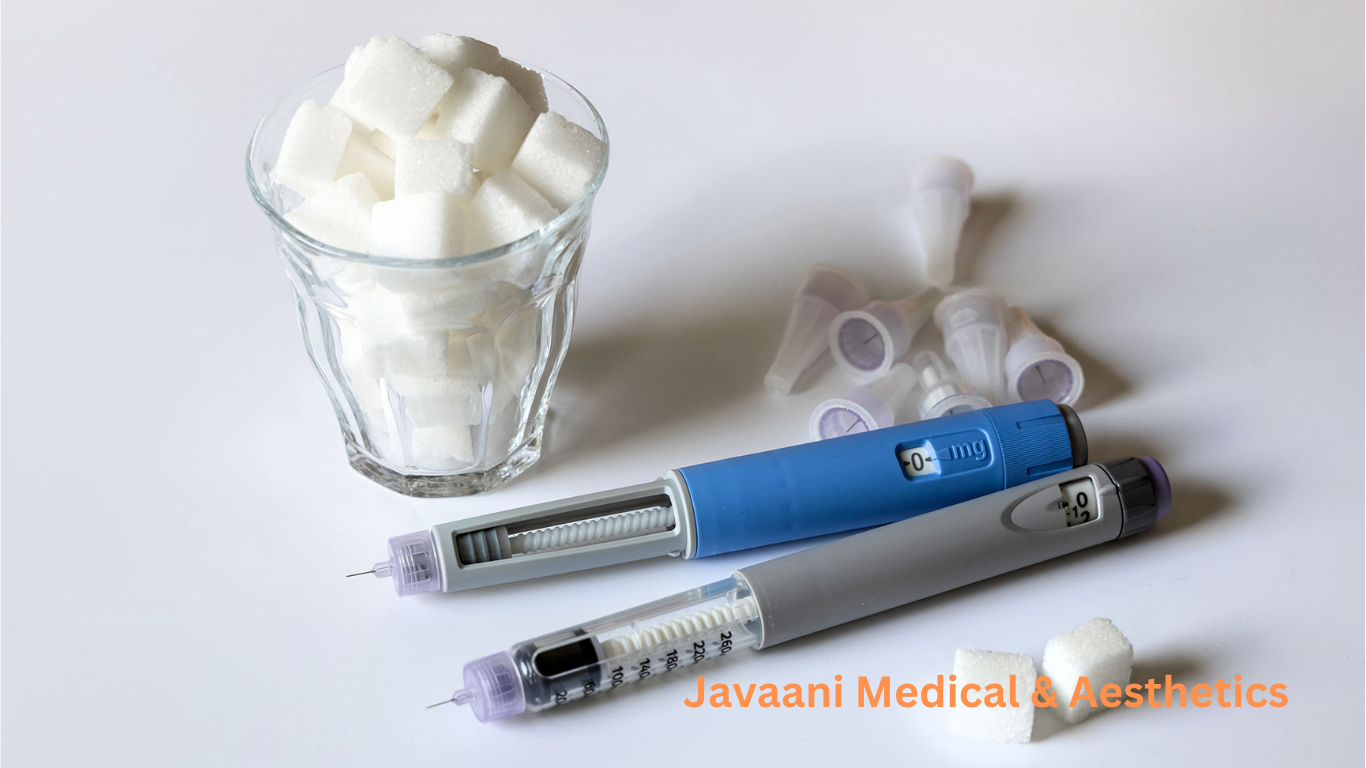
General Contraindications
While weight loss injections are safe for many people, there are certain situations where they should not be used. You should avoid these treatments if you:
- Have a personal or family history of medullary thyroid carcinoma or multiple endocrine neoplasia syndrome type 2 (MEN 2).
- Are pregnant, planning to become pregnant, or breastfeeding.
- Have a known allergy to any of the components in the injections.
- Suffer from severe gastrointestinal issues, such as gastroparesis.
- Have a history of pancreatitis.
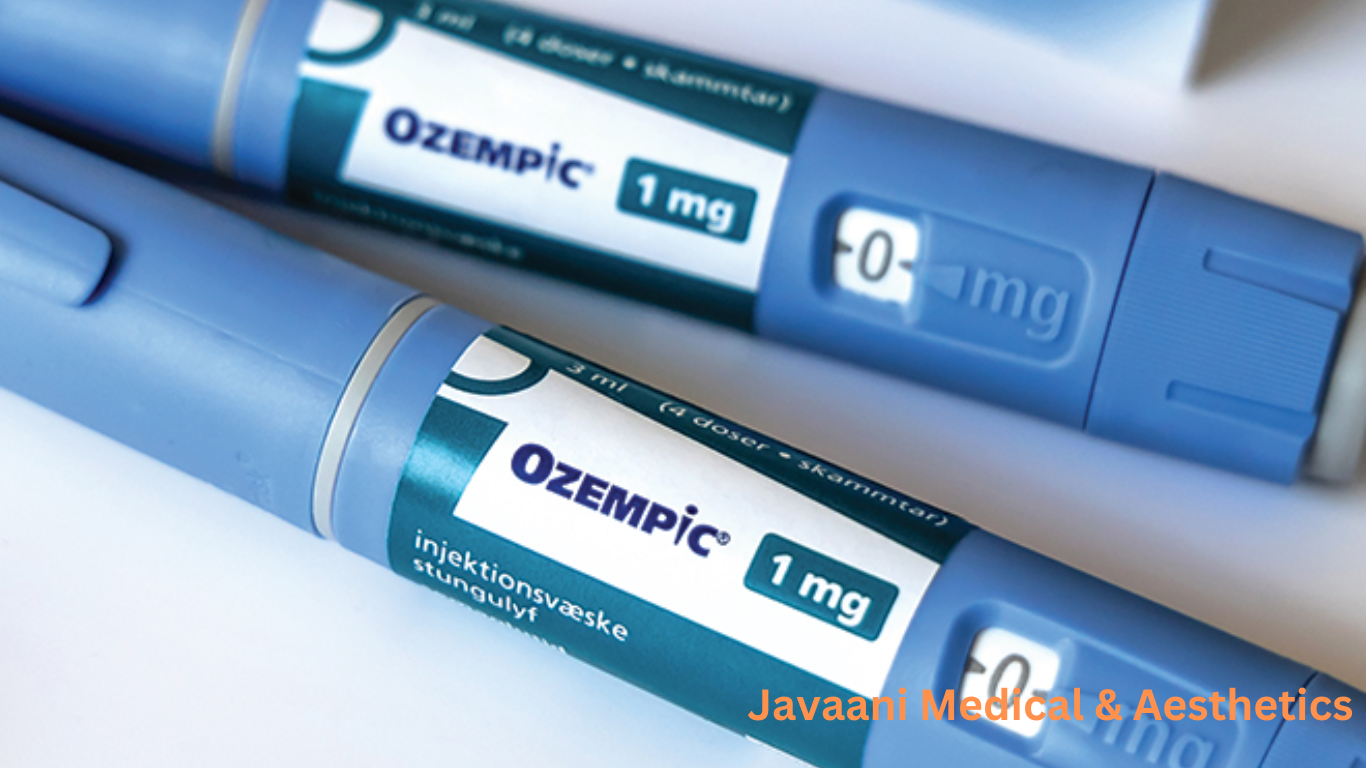
The above-listed contraindications are not exhaustive. It’s important to have a consultation with Dr. Ahmad to discuss your medical history and ensure that these treatments are suitable for you.
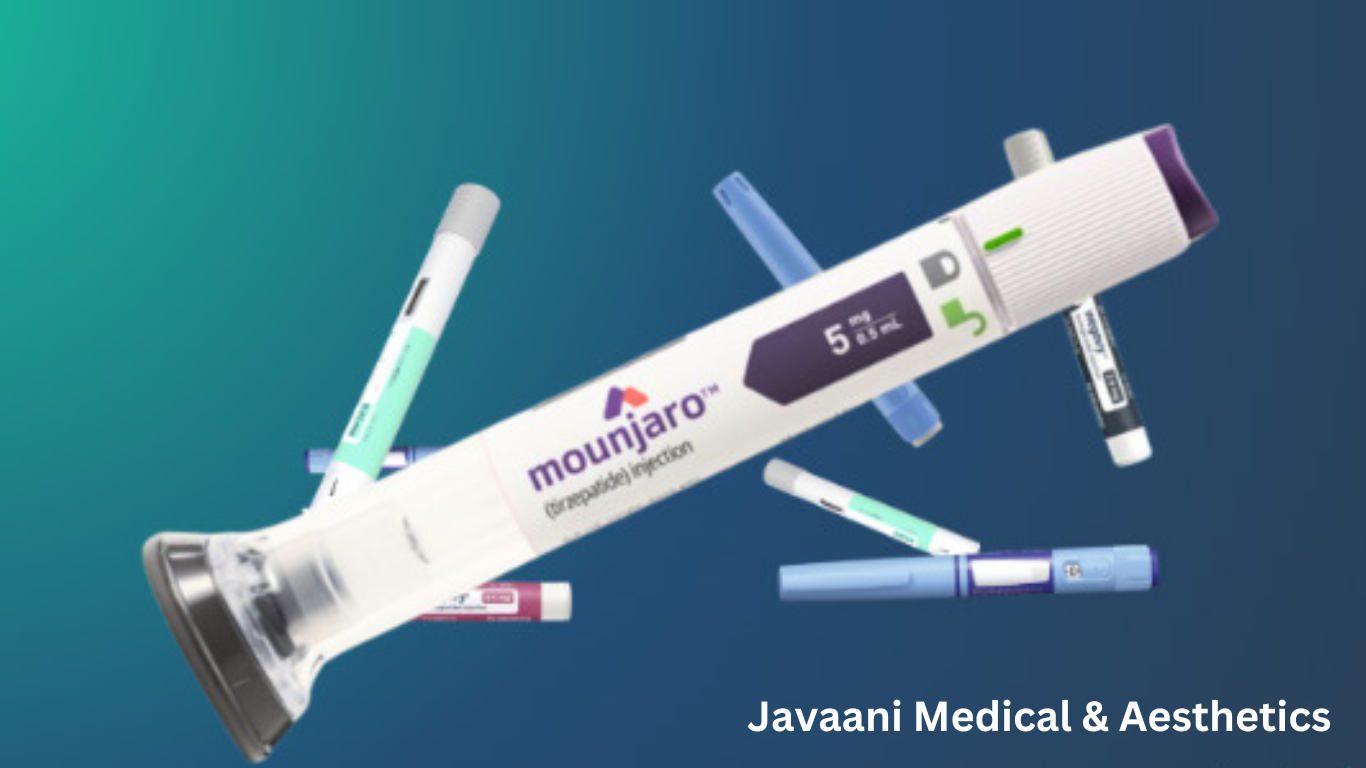
The power of GLP-1s
Glucagon-like peptide-1 receptor agonists, also known as GLP-1 analogs, GLP-1DAs or incretin mimetics, are a class of drugs that reduce blood sugar and energy intake by activating the GLP-1 receptor. They mimic the actions of the endogenous incretin hormone GLP-1 that is released by the gut after eating.
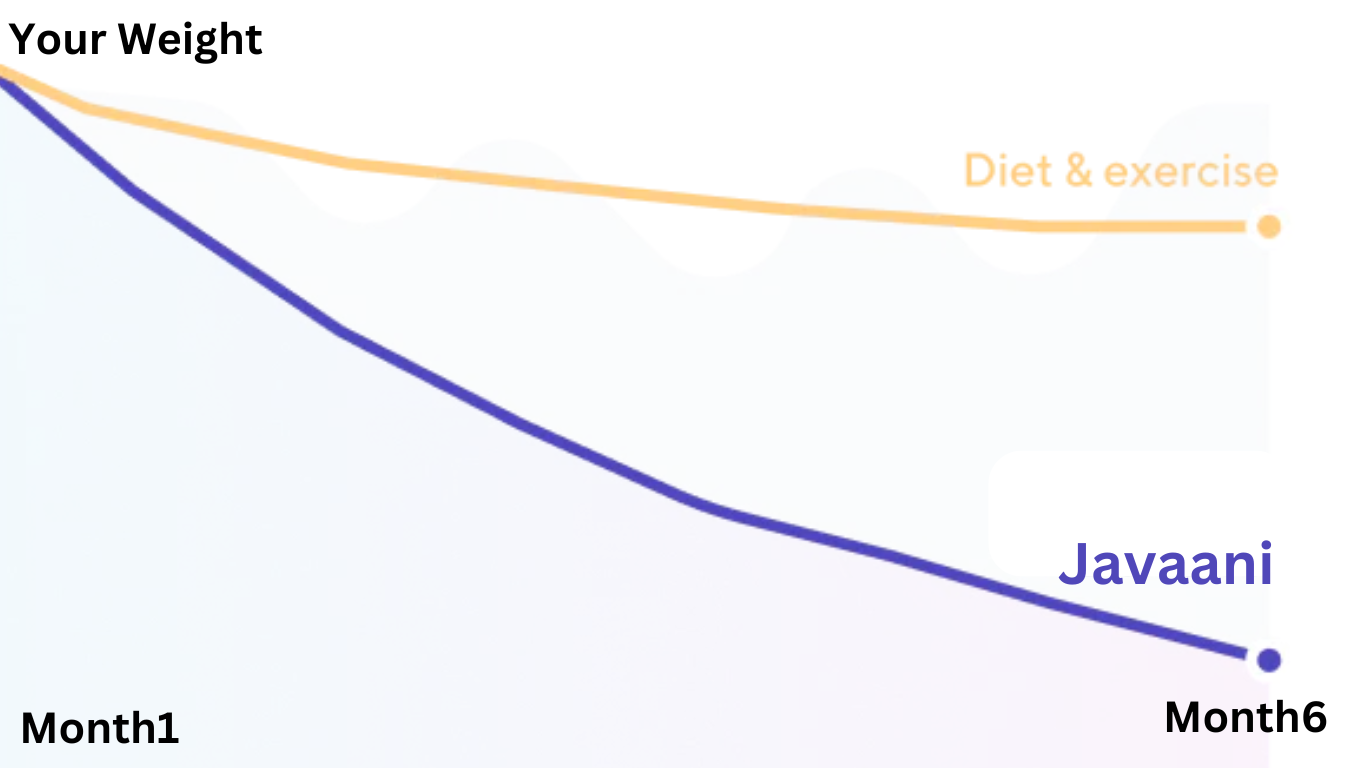
How it works
Book your consultation
Book your consultation with Dr. Ahmad
Receive your treatment
Reveive your medicaation in discrete packaging
Get ongoing support
Speak to your clinician at any point
Book your consultation
Book your consultation with Dr. Ahmad
Receive your treatment
Reveive your medicaation in discrete packaging
Get ongoing support
Speak to your clinician at any point
FAQs About Weight Loss Injections
Who are these injections suitable for?
The injections are suitable for adults who have a Body Mass Index (BMI) of 30 or more, or 27 or more with a weight-related health condition, such as type 2 diabetes or hypertension.
How soon will I see results?
Results can vary, but most patients begin to see noticeable weight loss within the first few weeks. Consistent use combined with a healthy diet and physical activity will lead to better results over time.
Are there any side effects?
Like any medication, weight loss injections can have side effects. The most common ones include nausea, vomiting, diarrhea, or constipation. These symptoms usually lessen as your body adjusts to the treatment.
How long do I need to stay on the injections?
The duration of the treatment depends on your individual goals and progress. Dr. Ahmad will work with you to determine the best treatment plan based on your needs
Will I regain weight after stopping the injections?
Weight management is a long-term commitment. While the injections help with initial weight loss, maintaining a healthy lifestyle with balanced nutrition and regular physical activity is essential to keep the weight off once treatment ends.
Can I use these injections if I don’t have diabetes?
What is the usual dosing schedule for these injections?
The dosage of these injections typically starts low and gradually increases over time. This step-by-step escalation helps your body adjust to the medication and reduces the likelihood of side effects like nausea.
